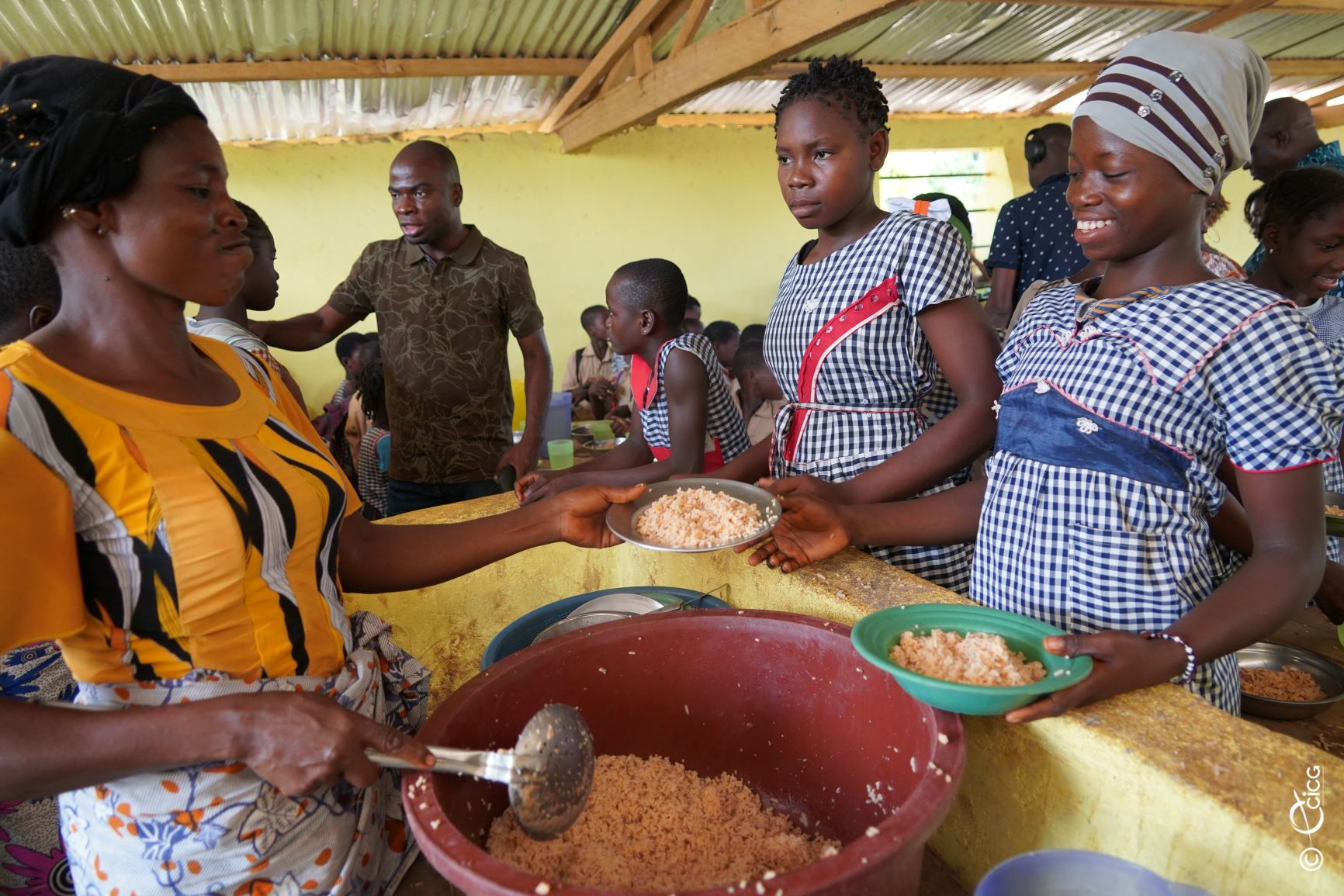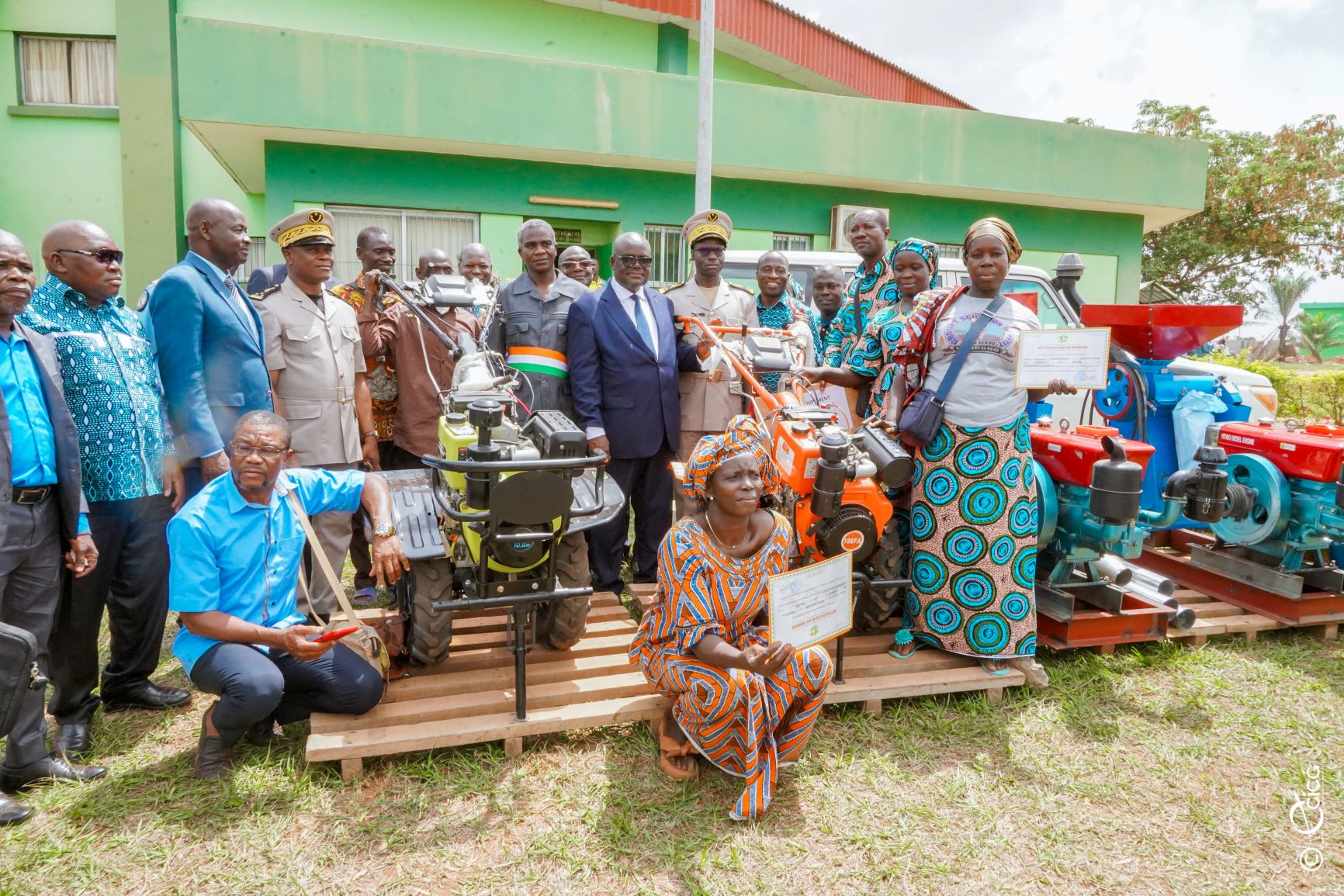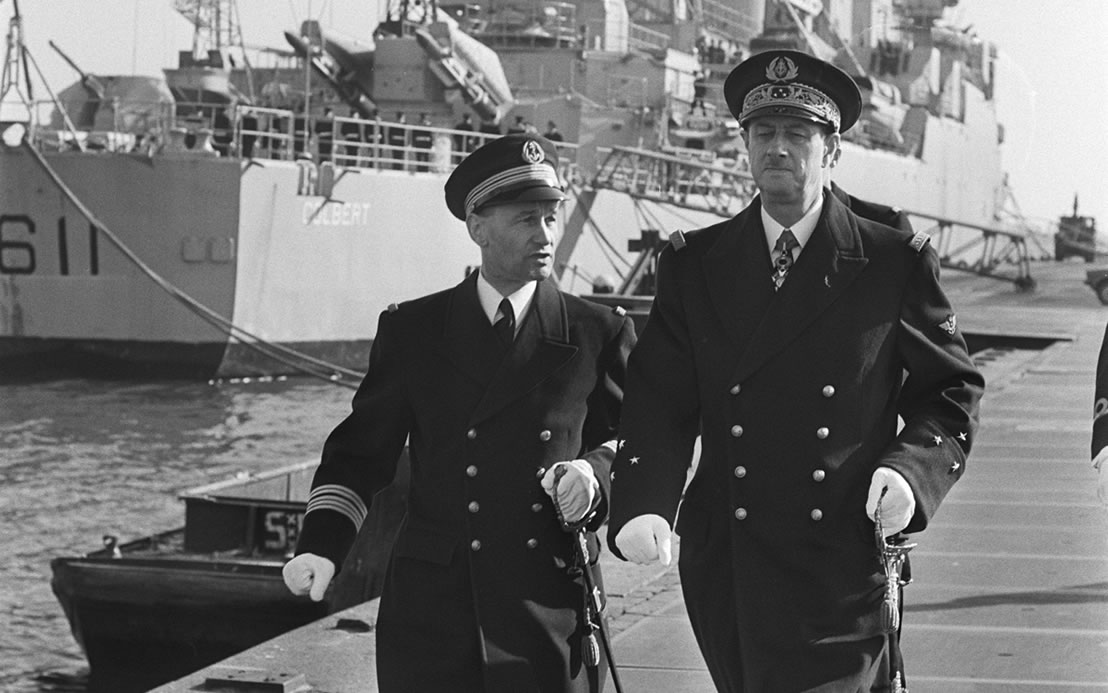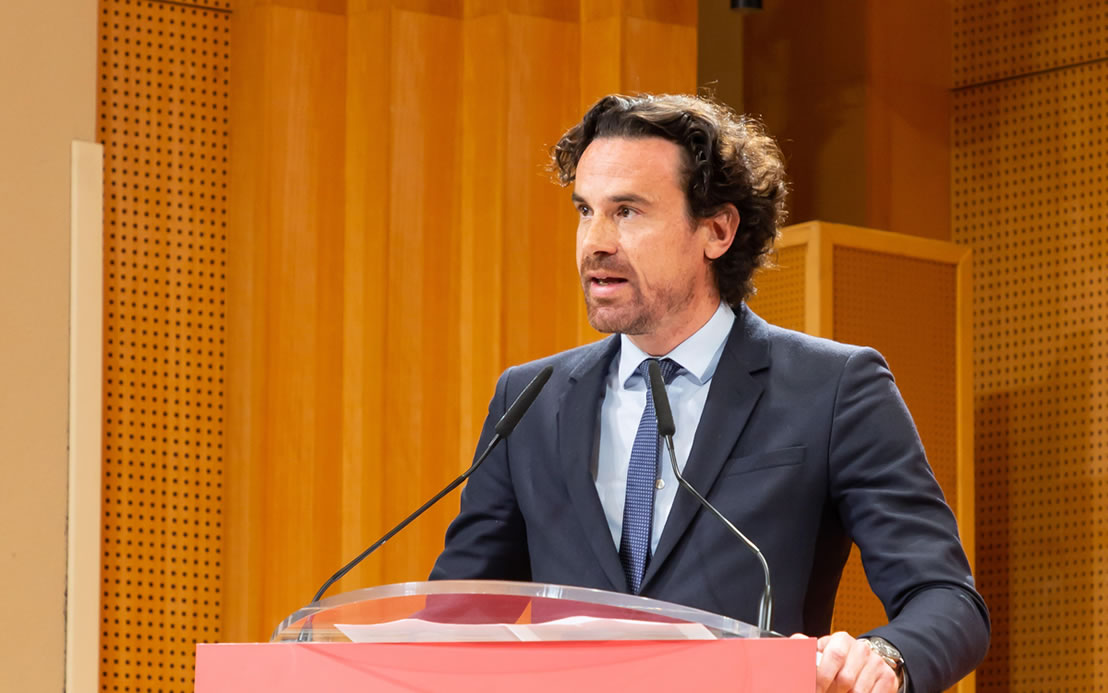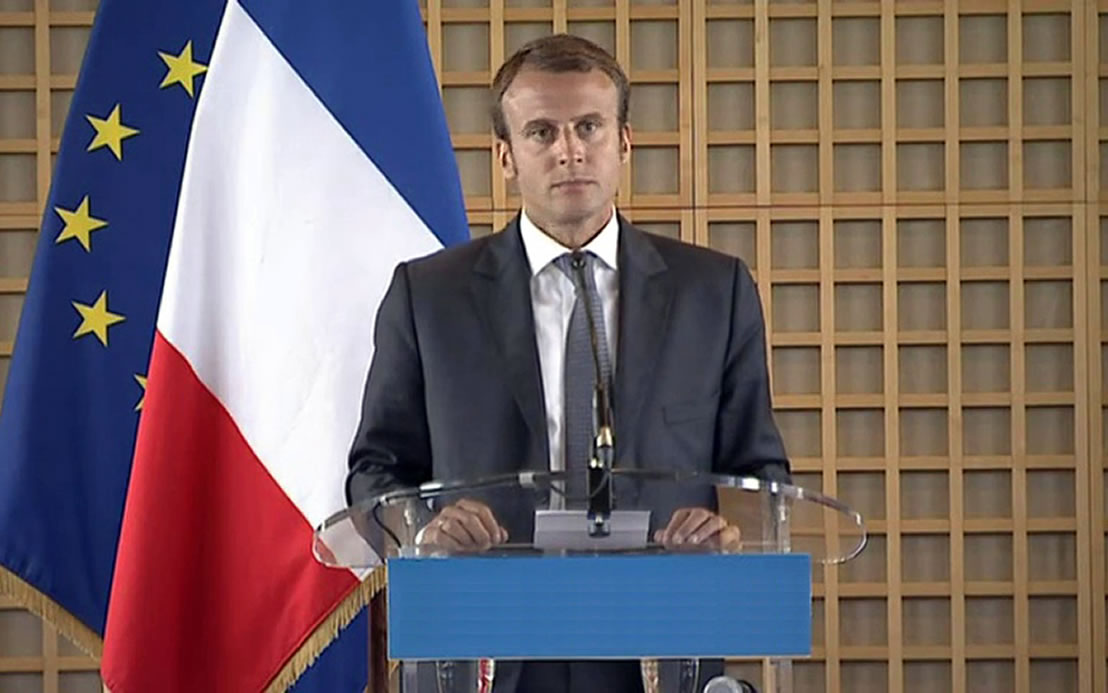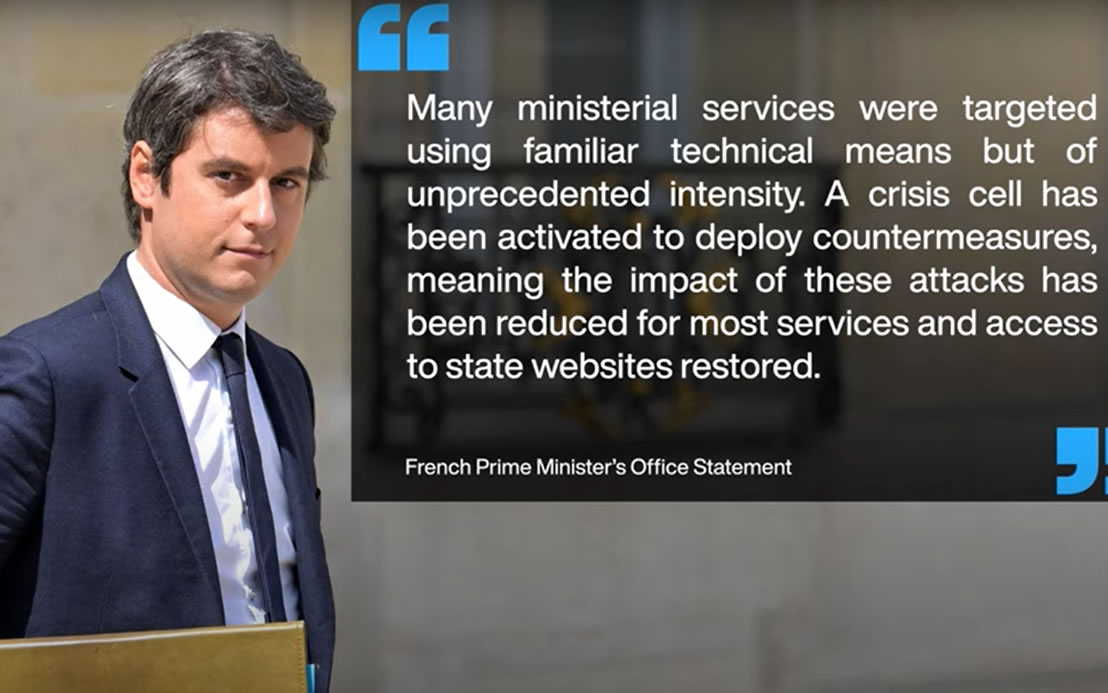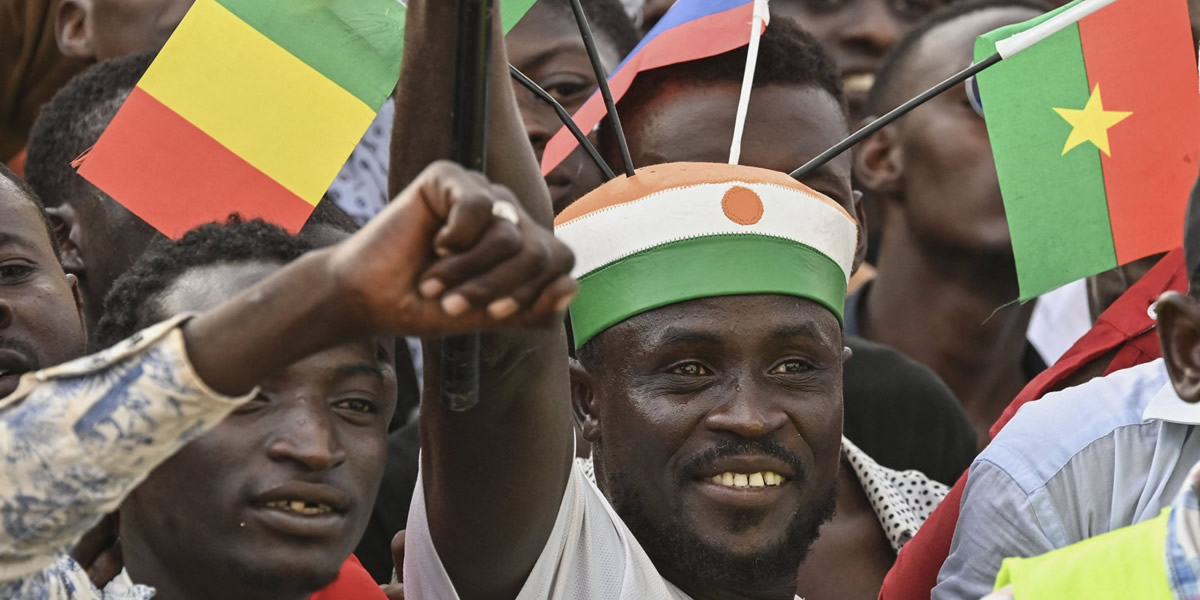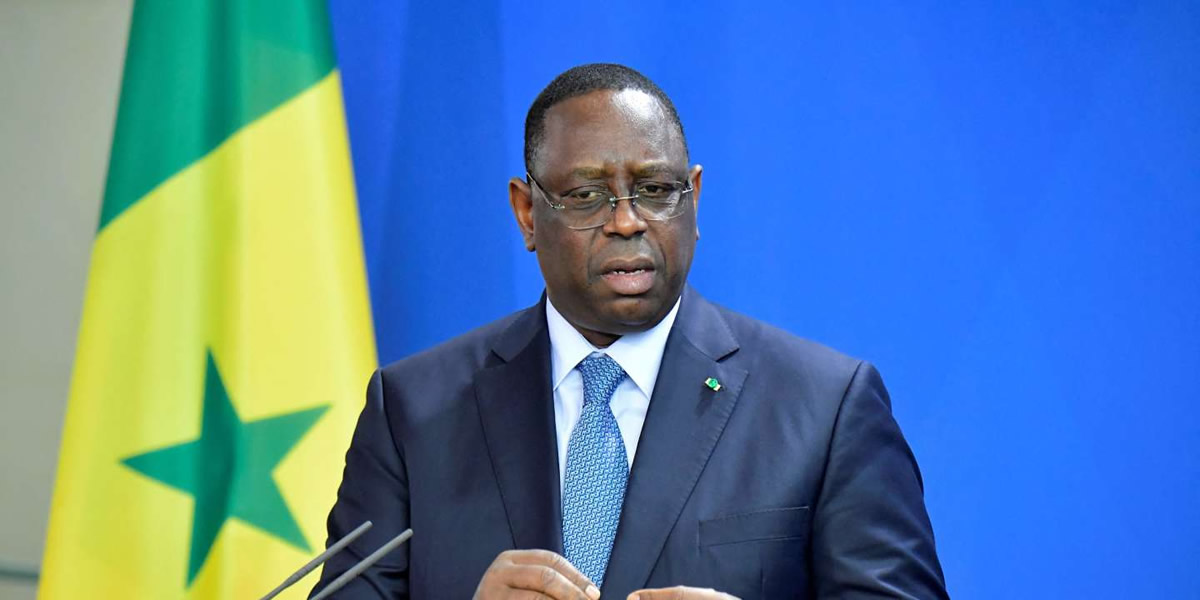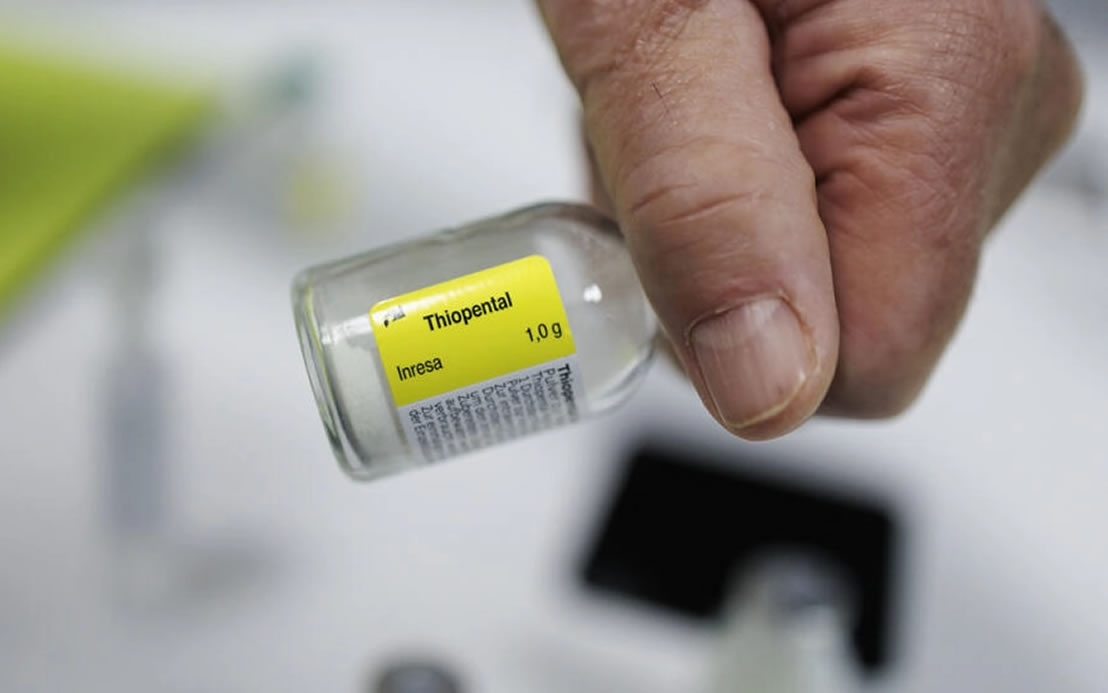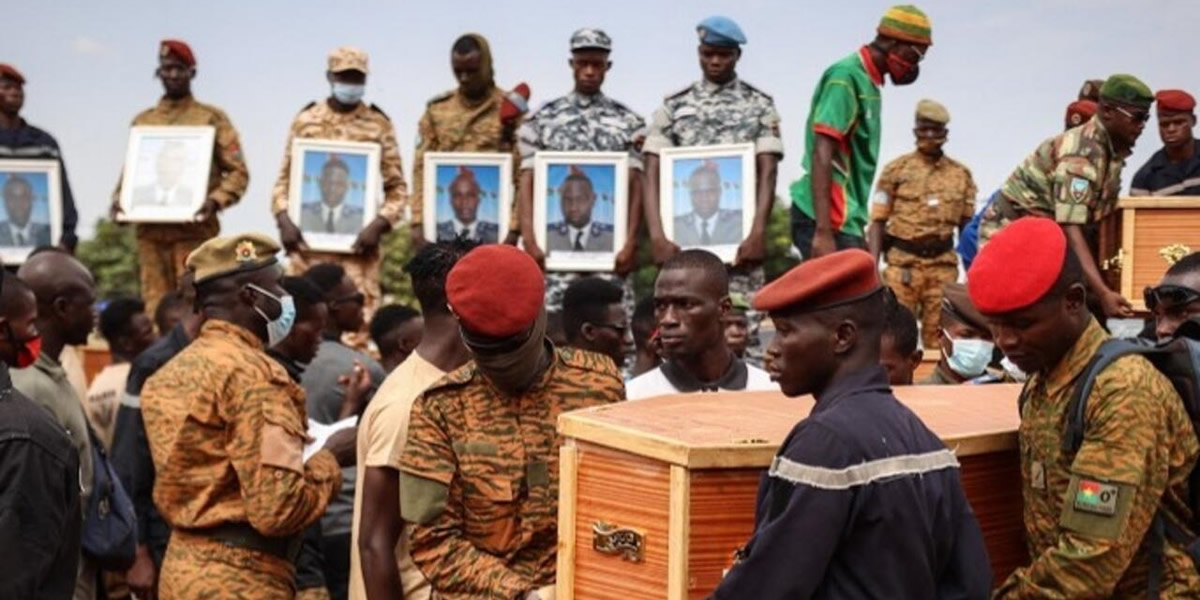Metrological control and economic stability in Ivory Coast have become crucial in the fight against rising living costs. The government’s decision to resume metrological control on measuring instruments and strengthen price regulation aims to ensure fairness in trade transactions and protect consumers from economic exploitation. This move is expected to reinforce government strategies for price stabilization, particularly for essential consumer goods. With inflation affecting purchasing power, the accurate measurement of goods plays a key role in economic justice. Beyond price control, the government is also investing in agricultural productivity, market infrastructure, and import facilitation to ease inflationary pressures. While these measures show promise, challenges such as stock shortages, regulatory enforcement, and supply chain inefficiencies remain. Addressing these issues effectively will determine the long-term success of metrological control in stabilizing the economy and improving citizens’ financial well-being.
Key Concerns Addressed
- Inaccurate product measurements leading to financial losses for consumers.
- Unregulated price hikes worsening the cost of living crisis.
- Stock shortages affecting essential goods, especially during Ramadan.
- Limited enforcement of metrological standards in local markets.
- Need for strengthened consumer protection against unfair trade practices.
- Inflation reducing purchasing power across all income levels.
- Gaps in agricultural productivity leading to dependency on imports.
- Delays in market infrastructure projects affecting price regulation.
- Challenges in subsidy allocation for basic commodities.
- Coordination issues in government policies impacting economic relief efforts.
The Role of Metrological Control in Economic Stability
1. Ensuring Fair Trade Through Accurate Measurements
Metrological control and economic stability in Ivory Coast go hand in hand. When traders use faulty or manipulated measuring instruments, consumers end up paying more for less. By ensuring that all commercial transactions meet precise measurement standards, the government aims to reduce unfair pricing and restore trust in market exchanges.
2. Controlling Inflation Through Price Regulation
One of the biggest challenges in Ivory Coast is the rising cost of living. Inflation has affected household budgets, making basic necessities less affordable. Metrological control, coupled with stricter price monitoring, helps prevent artificial price inflation caused by inaccurate measurements and speculative stock manipulation.
3. Strengthening Agricultural Productivity to Stabilize Prices
The government is also addressing inflation by increasing agricultural output. Providing farmers with quality seeds, fertilizers, and modern equipment boosts production, leading to greater food supply and more stable prices. Metrological control ensures that farmers and traders conduct fair transactions, preventing losses caused by incorrect weight measurements.
4. Improving Market Infrastructure for Long-Term Economic Growth
Infrastructure plays a key role in economic stability. The construction of wholesale and rural markets under government programs ensures better price regulation and stock availability. Metrological control ensures that goods in these markets are measured accurately, preventing traders from overcharging customers.
5. Overcoming Challenges and Strengthening Economic Policies
While these measures are promising, Ivory Coast still faces significant economic challenges. Effective enforcement of metrological control requires trained personnel, strong regulatory frameworks, and public awareness. Additionally, inflation control must go beyond price regulations and include robust supply chain strategies to prevent artificial shortages and speculative trading.
Metrological control and economic stability in Ivory Coast are critical to reducing the high cost of living and ensuring fair trade practices. By reinforcing price regulation, improving agricultural productivity, and investing in market infrastructure, the government is working to protect consumers and create a more sustainable economy. However, long-term success will depend on strict policy enforcement, efficient supply chain management, and continued investment in economic reforms. With the right strategies, Ivory Coast can achieve lasting economic stability and improve the financial well-being of its citizens.






